- Can Animals Catch and Spread Coronavirus?
- Queen's University launches Covid-19 Research Roundtable video series
- Queen’s rising to the COVID-19 challenge: The importance of simulation in healthcare
- How much of the coronavirus does it take to make you sick? The science, explained by Dr Connor Bamford
- TEDxQueensUniversityBelfast: Adapt and Change
- Prepare to sleep and sleep to be prepared.
- Supporting Children in Isolation
- Supporting Pets During Lockdown
- Immunology and COVID-19: Shaping a better world podcast
- Global trading: the good, the bad and the essential
- Global food supply chains in times of pandemic
- The impact of lockdown on isolation and loneliness
- Cancer Care in the Era of COVID-19
- ‘Giant’ of astronomy to host live school lessons
- How the pandemic is further alienating the disabled community
- COVID-19 and Older People: Shaping a better world podcast
- Engaging your child to learn during lockdown
- Stay well: Our expert guide to wellbeing during lockdown
- Working parents are feeling the strain of lockdown
- How is coronavirus affecting animals?
- The Coronavirus Act: Where it Falls Short
- Economic rebirth after COVID-19
- Coronavirus and the new appreciation of teachers
- ‘Make room for fun’: home-schooling for parents
- Why a collaborative research culture is needed to address the COVID-19 challenge
- COVID-19: Don’t bank on a rapid economic recovery
- Explained: the importance of behavioural responses when implementing a lockdown
- COVID-19: Curbing a loneliness epidemic
- How soap kills the COVID-19 virus
- An expert’s guide to working from home
- How to exercise safely during a pandemic
- Five tricks your mind might play on you during the COVID-19 crisis
Supporting Children in Isolation
How are children coping with lockdown? Professor Chérie Armour, Professor of Psychological Trauma & Mental Health in the School of Psychology, explains how you can support children during the pandemic.
COVID-19 is an unprecedented situation resulting in a lot of uncertainty and fear in the population – children are no different and may be experiencing some COVID-19 related anxieties. Like adults, how children will respond to the situation will vary greatly from person to person.
Over the past 10 years, I have conducted research on adverse childhood experiences and longer term psychological outcomes. We know that some people who experience significant adversity in childhood do just fine in adulthood; however, others go on to develop mental ill health issues.
How children will be affected differently
We know that some children will experience COVID-19 more adversely than others and may be psychologically impacted by social isolation and school closures. There are many reasons for this; children differ in their thinking styles, their ability to regulate and control their emotions, and their personality. The level of family support available to the child and how parents behave and interact with child also make a difference to the child’s wellbeing. Our research has shown that parental economic, marital and psychological stability plays an important role in the wellbeing of the child. We also know that it is important that a child feels supported by school, teachers and the wider community. The recent trend of children displaying rainbows in their windows to cheer up those passing by is an excellent example of helping children to feel part of the community.
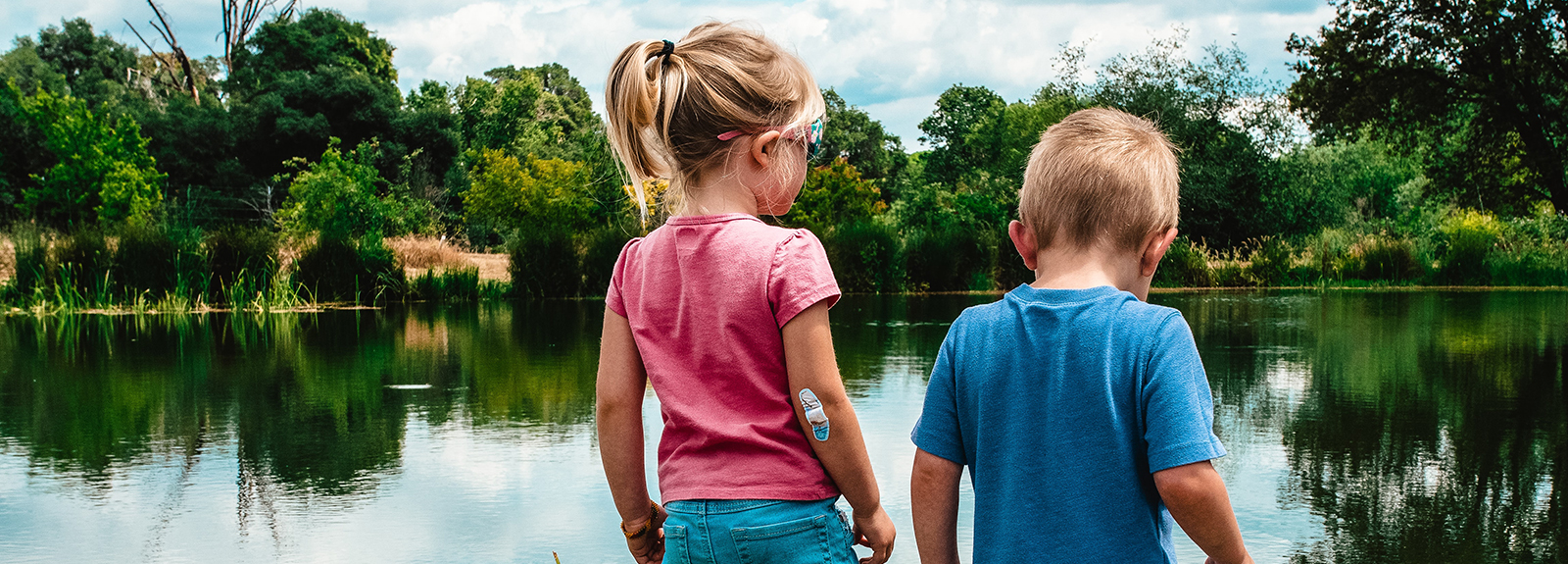
Understanding children’s reactions during COVID-19 and this period of social isolation is important to help parents support their children. To date, there is limited specific evidence on the topic of social isolation and mental health in children. A study conducted in the US in response to SARS asked 398 parents to report on their children’s wellbeing during social isolation/quarantine. They found that disease-containment measures such as quarantine and isolation could be traumatising to a significant proportion of children and their parents. The study reported that 30 per cent of isolated or quarantined children (based on parents' reports) and 25 per cent of quarantined or isolated parents (based on self-reports) met the criteria for post-traumatic stress disorder (PTSD). Some early research from China, where the pandemic started, has reported that children experienced poor sleep, nightmares, worries about the health of family members, inattention, irritability, clinginess, and worries about family separation.
School closures also bring a level of uncertainty to a child’s life and we know that uncertainty often leads to worry and anxiety. Particular groups are likely to find school closures more difficult. Older children who were scheduled to sit exams may experience anxiety around the uncertainty of the current situation. For, those with pre-existing mental health concerns or special educational needs, the closures might also mean a lack of access to services that the school were able to provide. A charity called Young Minds based in the UK conducted a survey of 2,111 young people (up to age 25), with a history of mental ill health, and found that 83 per cent of the group reported that the pandemic has made their condition worse.

School is a place where all children can connect socially with their friends. Not being able to do so can lead to feelings of loneliness. There is evidence that feeling lonely is a risk factor for mental ill health including depression and anxiety; older children and girls are at particular risk.
What we can do to support children
Currently, there are lots of resources available online related to how parents can support their children and it can sometimes be difficult to search through all of this to get a clear idea of what to do. Based on my research related to childhood adversity and more recently our research related to interventions to improve childhood mental ill health, I have condensed my top tips as below:
1. Talk to your child(ren)
Speak with children, explain things, and listen to them. Research tells us that talking through things with children helps them rather than making things worse. Try to make space to talk to them – perhaps when on your daily walk. It is useful to ask open questions and listen, acknowledge their concerns and make them feel heard and supported. Be honest in your explanations and use age appropriate language. Listen out for myths and misinformation when they talk to you about COVID-19 and help them base their knowledge on facts and reliable sources.
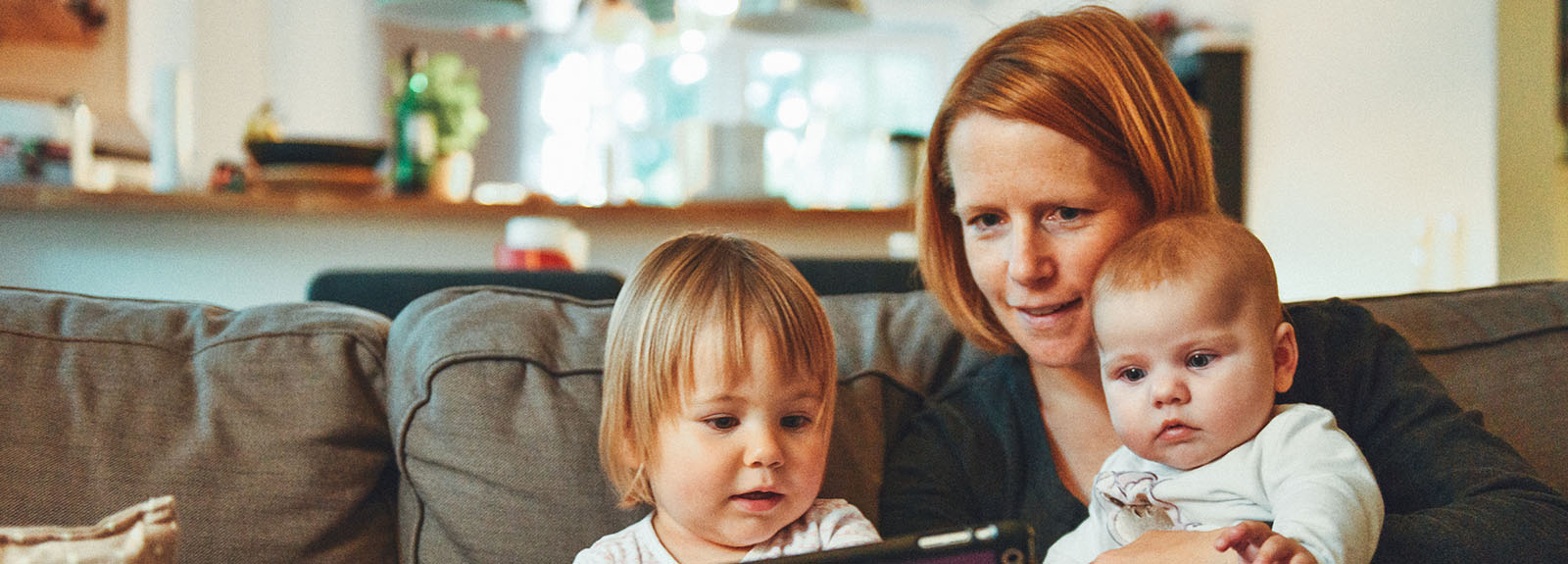
2. Be aware of your own worries and try not to bring them into interactions with children
Research tells us it is important for parents to understand that the expectation they have about how their children will react to adversity will be influenced by their experience of how children normally react in different types of situations. We also know that as parents, we bring our own expectations about how we would react, and this influences how we believe the child will react. Parents should try not to assume that they know how the child is feeling.
Research also tells us that when children are under stress, it is important to remain calm, as how parents respond can influence interactions. If a parent is stressed, the interaction can be negative but if the parent remains calm, the interaction with the child is more positive and in turn reduces the child’s stress. If a child is already anxious then they will notice the anxiety of the parents much more and will show anxiety themselves. Anxious children watch parents for cues on how to react. Parents therefore should keep an eye on their own anxiety and stress levels and take pressure off themselves when they can. This will help them to parent in a way that they want to parent and not in a way that is driven by stress.
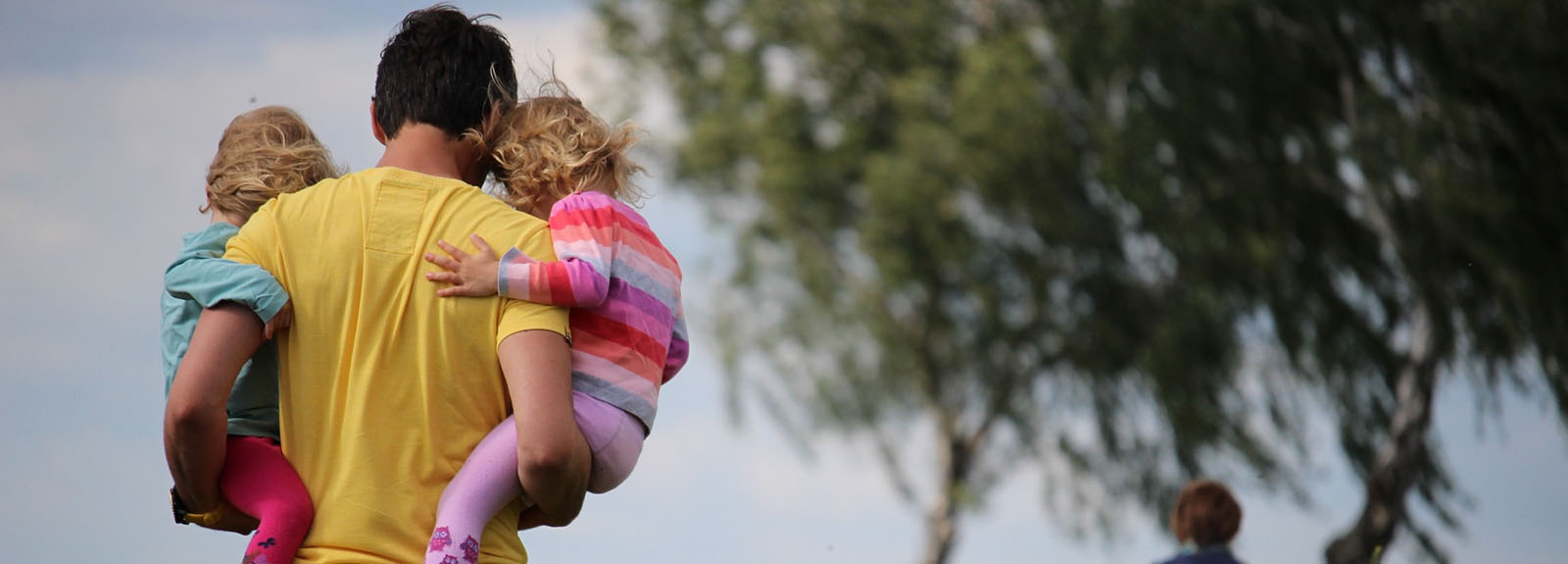
3. Use digital devices to maintain a sense of connectedness
Digital devices can be a really good source of social connection during this time and we know that this is important for children; particularly adolescents. Thankfully we live in a time where our young people are the first large scale adopters of technology such as smart phones and social media. It is estimated that 75 per cent of British adolescents aged 12-15 have social media profiles. Therefore, it is quite possible that digitalised social contact, will to some extent, prevent any harmful effects of social distancing and loneliness in our young people. Younger children will need help with organising meet-ups online with friends. Where access to technology is limited, parents should, where possible, allow children some dedicated time to use technology to connect with others.
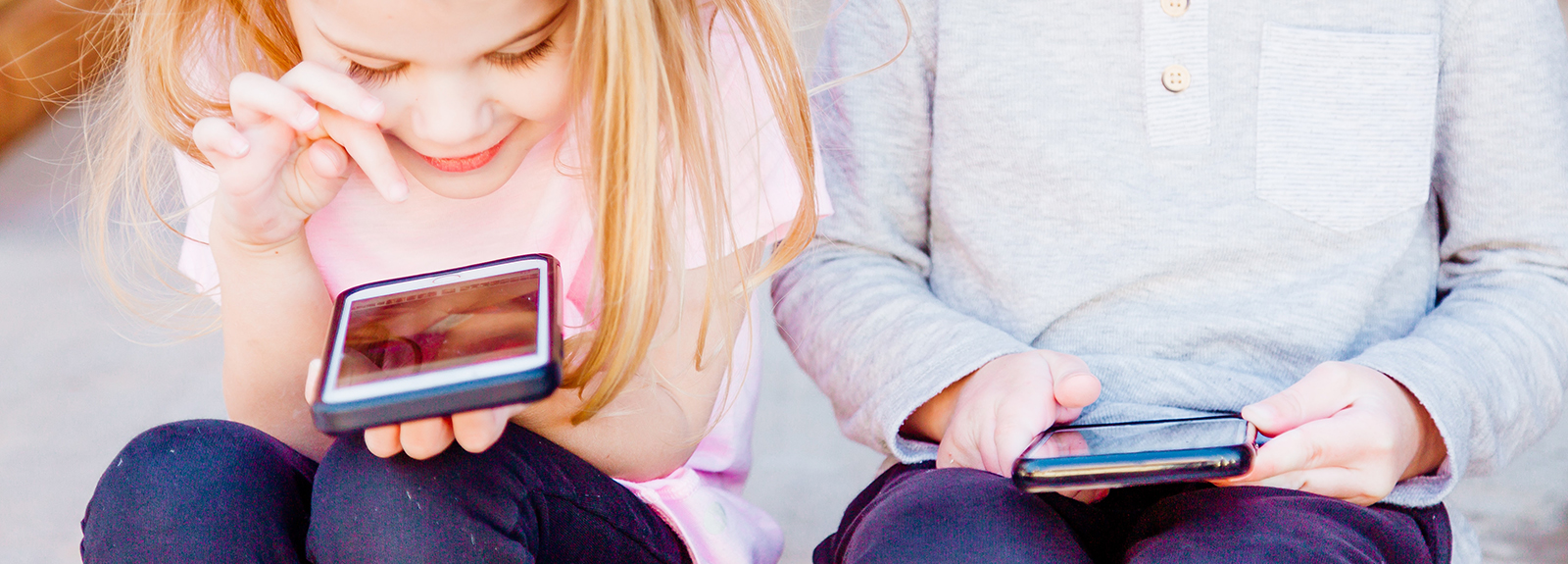
4. Set a routine, particularly around sleep
Research has consistently told us that structure and routine are important for psychological wellbeing but remember what that looks like will differ from family to family. Find what works for you. The benefit of structure and routine is that it brings an element of certainty to the situation. It normalises family life allowing children will know what to expect and when. Carving out set times for activities, be it play, study, or exercise is a good idea and brings a sense of purpose. Regular bed and wake times are particularly important. Through our research at Queen’s University, we know that improving sleep in adolescents who have experienced adversity is key to reducing symptoms of depression, anxiety and PTSD.
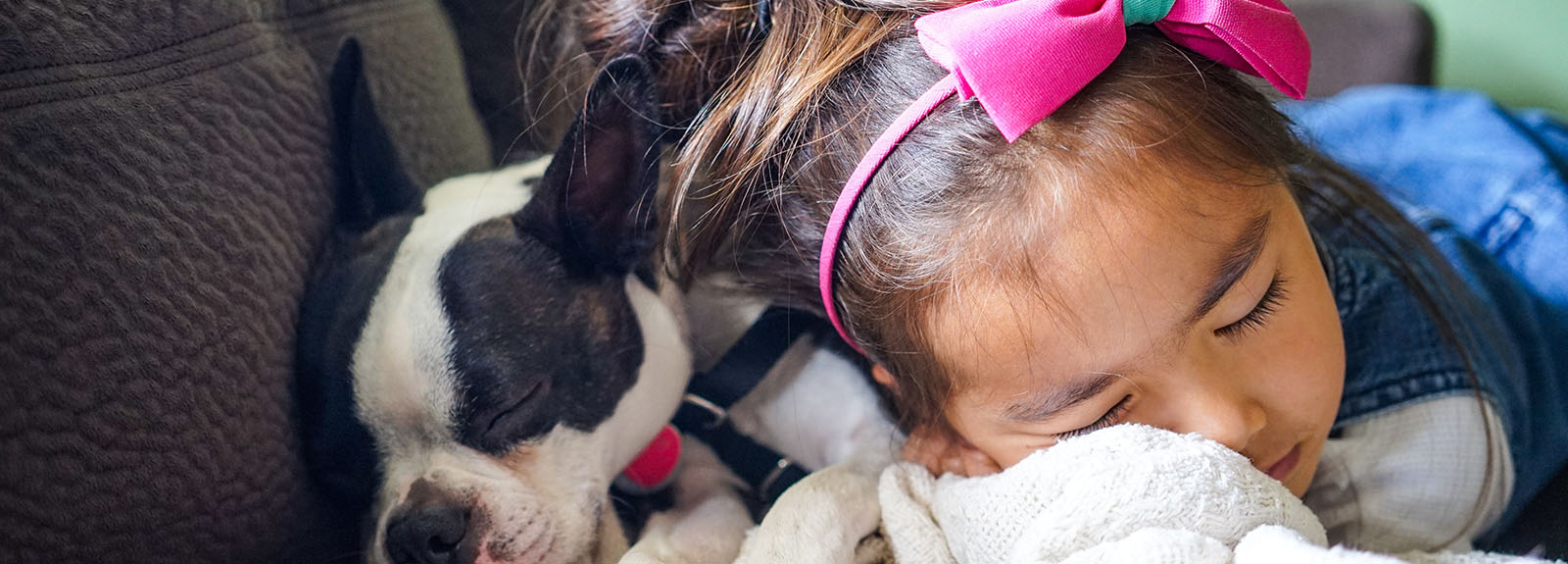
5. Acknowledge uncertainty
When talking to children, acknowledge that things are uncertain and that is the case for everyone. If a child particularly struggles with uncertainty, try to bring some control into the situation. Perhaps set up a plan whereby you sit together once a week and review the current government advice on school closures. Emphasise that you are reviewing reliable sources of information and if things change then by doing this you will find out quickly.
Overall, when supporting you child(ren) during social isolation, ALWAYS try to offer reassurance. Remind children about the things they can control and the things they are responsible for (also emphasising what they cannot control and are not responsible for). Reassure them that many adults are working hard to keep their family safe and that families are isolating because this helps keep them and other people safe, and that this too shall pass.